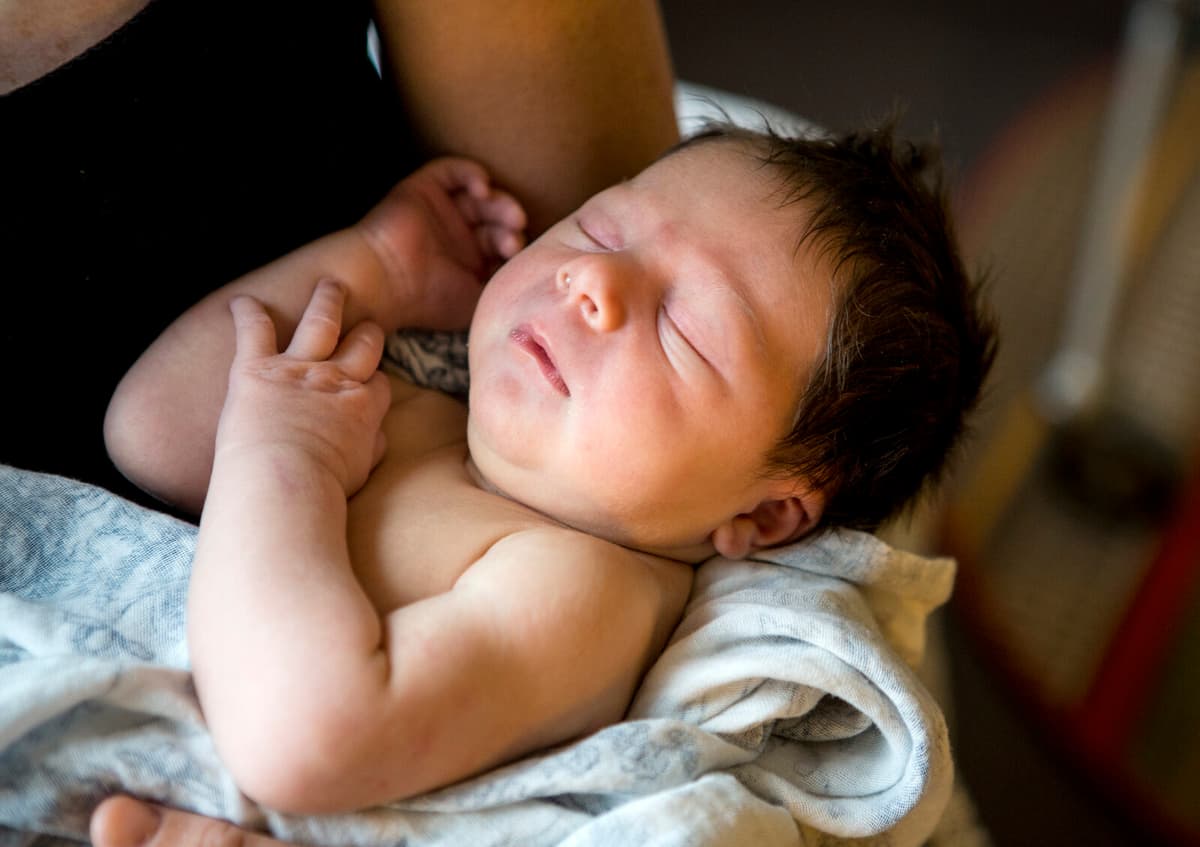Childbirth has never been lower in relation to the population in Sweden.
In the long run, it will be a major problem, says Minister for Social Affairs Jakob Forssmed (KD).
Childbirth is currently down to 1.4 children per woman, which is significantly lower than the 2.1 needed for a sustainable population development. Forssmed emphasizes, among other things, that the workforce will decrease in the long run and that fewer young people will have to support many older people.
This puts the Swedish welfare model under pressure, says Forssmed.
Feeling meaningless?
The Minister for Social Affairs points to research showing that one in four women do not want to have children. The investigation will examine why this is the case.
Possible reasons for the low childbirth rate may, according to Forssmed, be practical obstacles, such as economy and housing, but also biological as women choose to have their first child later and later.
He also highlights increasing mental illness, not feeling a sense of purpose in life, and that it may have become more difficult to find a partner.
The investigation has one year to complete and will propose concrete measures for a more "family-friendly society". The investigator will be Åsa Hansson, associate professor of economics. She will have an expert group to assist her, including author Anna Björklund.
Although Sweden already has one of the world's most generous systems, for example, for parental leave, Forssmed does not rule out that further economic incentives may be needed.
Like a grant to first-time mothers?
There are countries that are trying this now, and we have given the investigator the task of reviewing what works and what does not, and if it is something that can become relevant in Sweden.
Broad decline
Over the past two years, childbirth has been below 1.5 children per woman, which has never happened before - despite the fact that statistics exist several hundred years back in time.
If it continues, it means that each coming generation will be 30 percent smaller than the parent generation, says Forssmed.
Childbirth has decreased almost every year since 2010, according to the SCB, when the total fertility rate was 1.98 children per woman. The decline applies broadly, both for Swedes and immigrants, and urban and rural areas, notes Forssmed.






